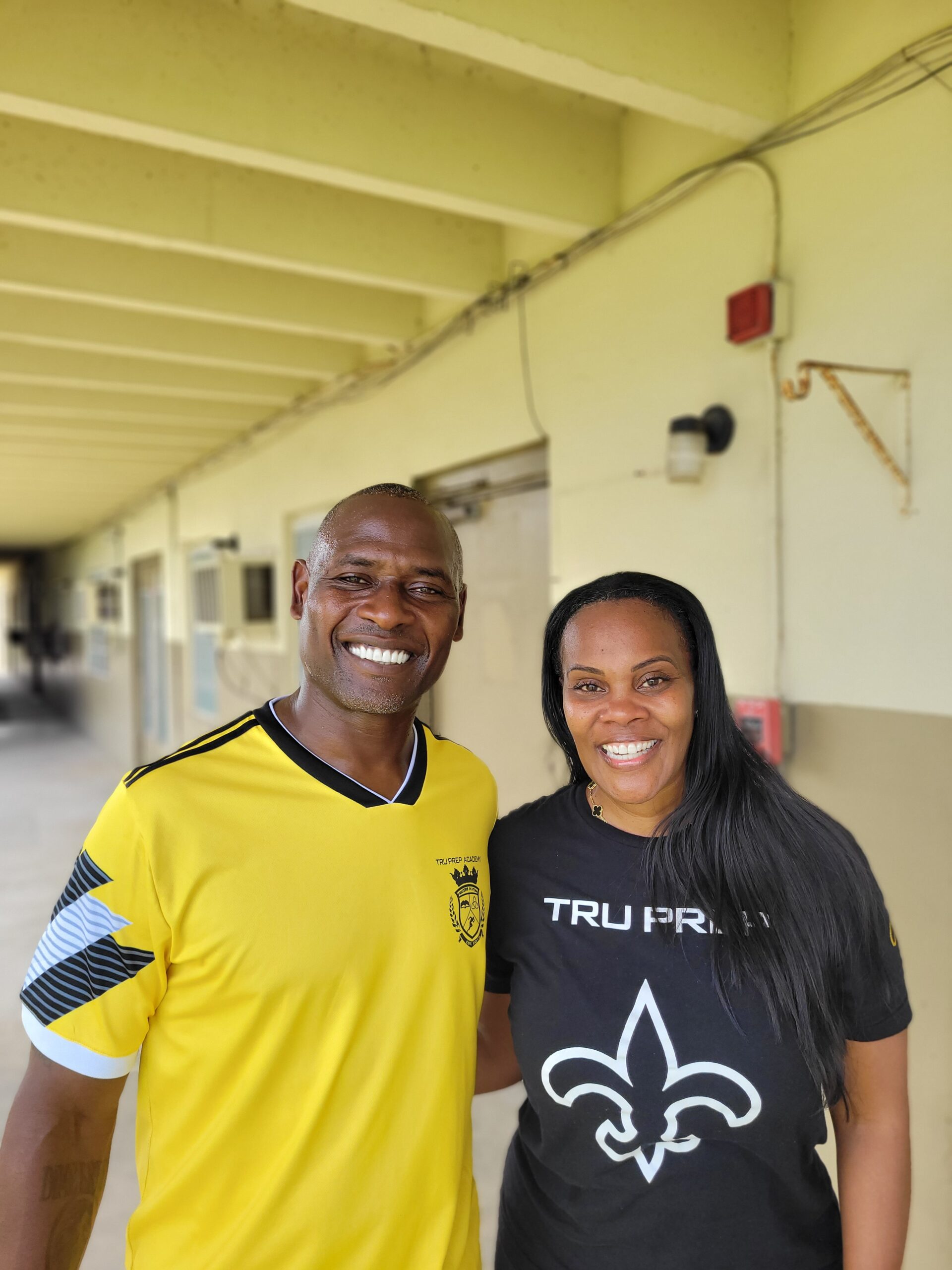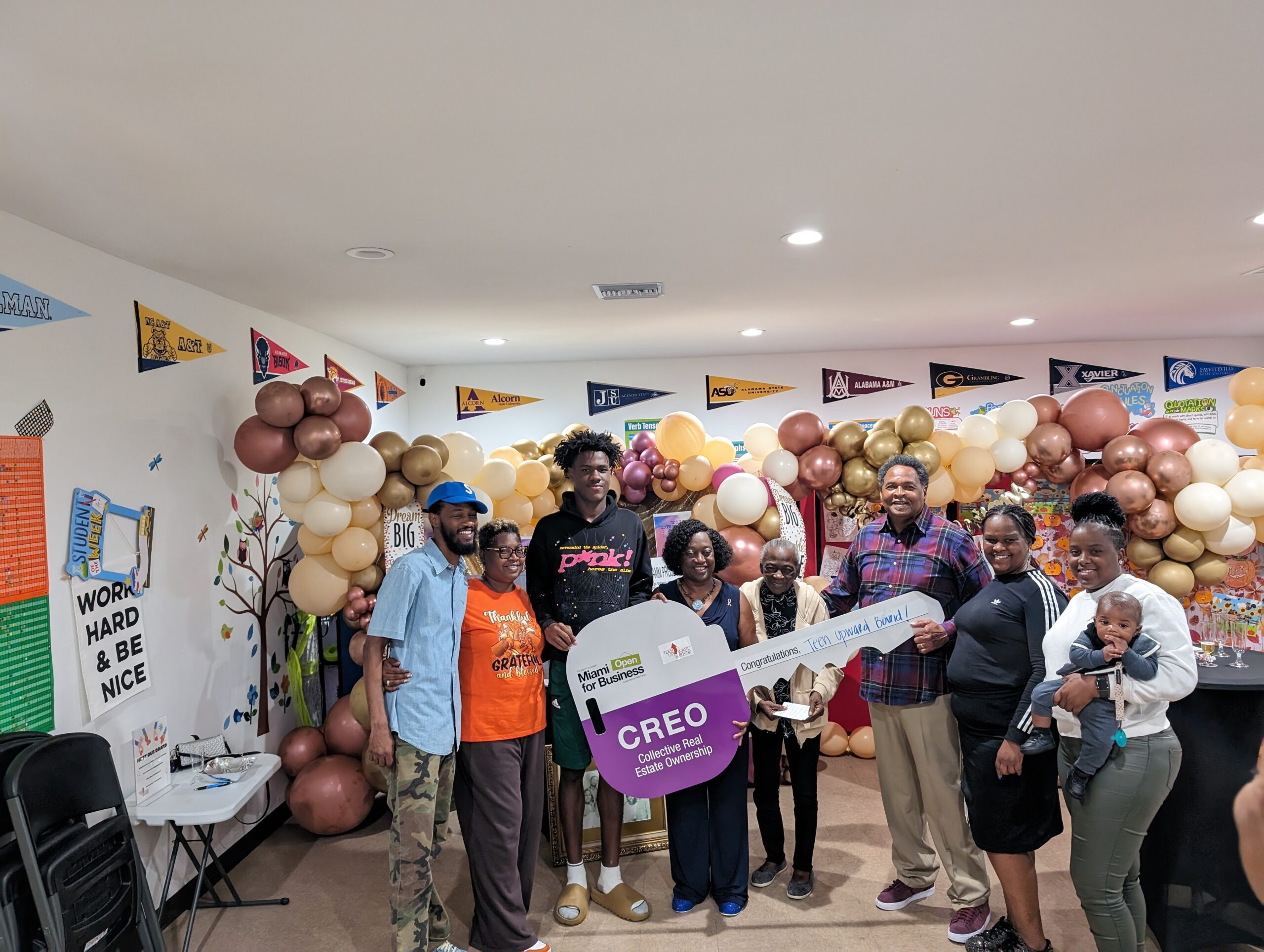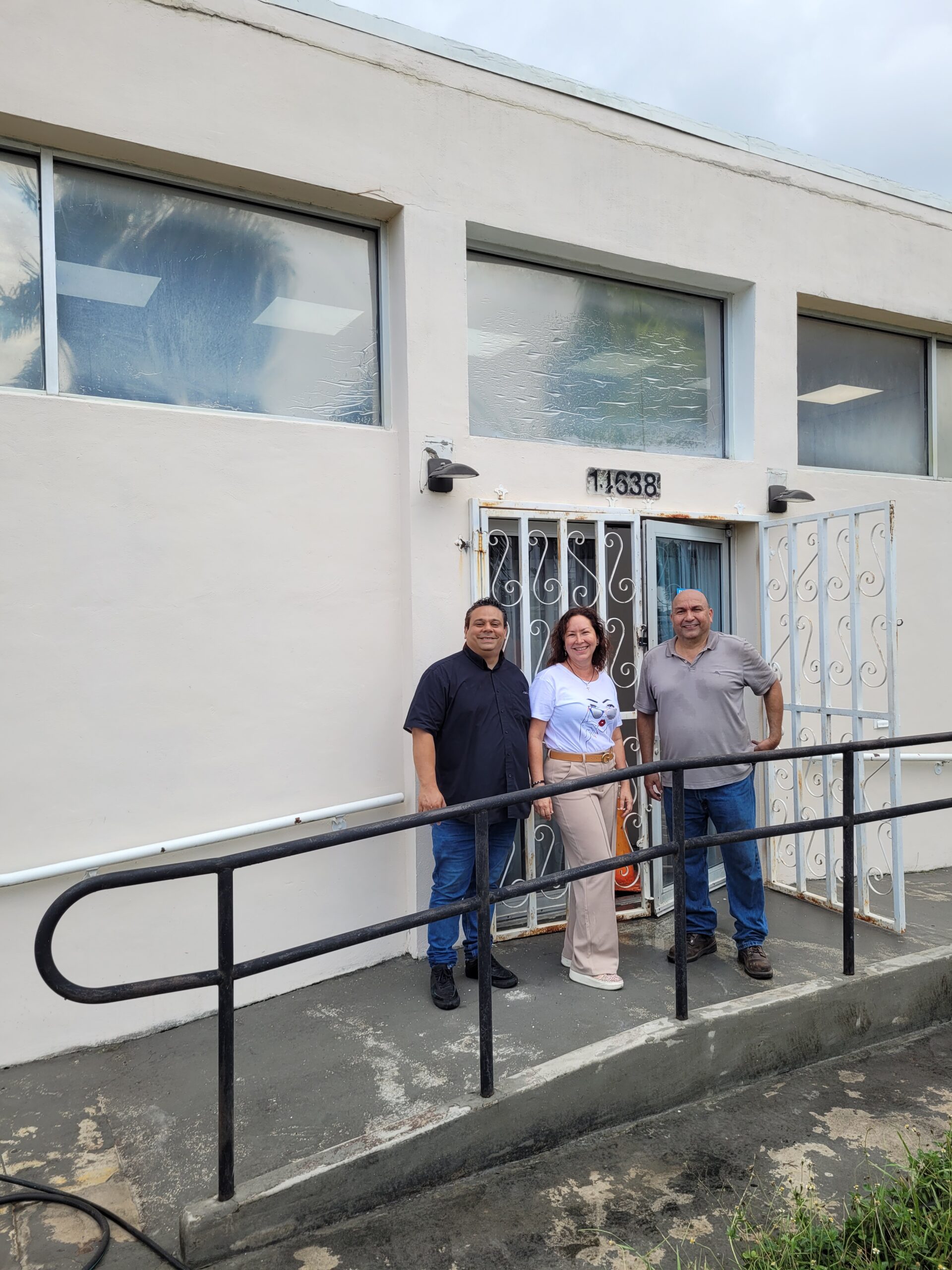spotlight on the Collective real estate ownership program
One of the most exciting aspects of the Open for Business program is that we can use the capital for asset acquisition – that is, funds can be used to purchase items like technology, inventory, vehicles, and real estate. This is possible since the fund’s original donor, Wells Fargo, expressed that all Open for Business programs must support asset ownership for diverse entrepreneurs.
When we began our listening tour to design the program, one topic kept coming up from small business owners and nonprofit leaders alike: “the rent is too damn high.” We heard story after story of companies subsisting off month-to-month leases, or entrepreneurs who sank thousands of dollars of their own money into repairs, just to be unexpectedly booted out once the landlord increased the rent by an unreasonable amount.
We realized it was an important opportunity to use the Open for Business money towards long-term asset ownership: helping minority-led small business purchase their own commercial property.
Through the Collective Real Estate Ownership (CREO) product, we provide up to $500,000 or 20% of the purchase price and select closing costs, so that a collaborative of at least 2 or more organizations can buy real estate in some of Miami’s most historically underinvested communities.

Mario Smith and Claudienne Hibbert, of TRU Prep Academy, purchased a former church facility in Miami Gardens, which they are using to relocate their K-12 academy, that provides young men with rigorous academics, character development, and athletics.
Why real estate? Why a collective? Why these neighborhoods?
- As properties appreciate, they rise in value and this helps create equity that businesses can tap into in the future, creating generational wealth for themselves and their families.
- Compared to short-term leases, mortgages can serve as a form of rent stabilization, with loan costs remaining fixed and thus more predictable for owners.
- Owning property is one of the most effective ways to obtain generational wealth, and yet it has been hard to reach for families of color. Only 3% of Black families own commercial real estate, compared to 8% of white families (Brookings).
- Rather than helping 1 business at a time experience ownership, we believe it’s important for organizations to come together so that multiple parties get a slice of property in a quickly appreciating market.
- Sharing a property across multiple owners also helps them meet the financial obligations of a monthly mortgage payment.
- We focused CREO on the areas in Miami that have been historically overlooked in economic development. Instead of purchasing in ritzy communities, we believe it’s important to make investments in historically Black neighborhoods and areas where ownership has been most unattainable. At the time of writing, CREO is eligible in the following areas:
- North Dade: Miami Gardens, North Miami, North Miami Beach, or Opa Locka
- Central Dade: Allapattah, Brownsville, Liberty City, Little Haiti, and Overtown
- South Dade: Florida City, Homestead, Leisure City, and Naranja

Teen Upward Bound, led by Jannie Russell, has closed on a large daycare facility in Opa Locka, which they will use to locate their youth, adolescent, and family programming services.
But buying commercial real estate is not without its challenges. Many of the collaboratives we have funded through the program are first-time owners, and the system was not necessarily designed to serve small, minority-owned businesses. Also, commercial real estate is very different than the residential housing market.
To combat this, we sponsored a two-day intensive workshop about commercial real estate acquisition, led by Community Realty Advisors and Information Group (CRAIG LLC) so that prospective applicants can learn about the process. The next workshop will take place on January 6-7th, 2024.
Below, we celebrate the first 3 groups that have closed on their property, and they share with you some advice if you consider applying when funding reopens in 2024. Click here to view all of the collectives that were selected this year.
Alfredo Moran Hassan, from EPIC Consultants, shares his top advice to keep in mind when engaging in the process.
1. Loan Officer Guidance:
Having a local loan officer with experience can be incredibly helpful from the beginning of the process. They can prequalify you, provide guidance on fixing any financial issues, help you understand personal and corporate taxes, and ensure that you are financially prepared for closing. Their expertise in dealing with title companies and securing funding from various sources can prevent surprises during the closing process.
2. Realtor Expertise:
A skilled realtor is more than just someone who helps you find the right property. They can be instrumental in negotiations with sellers, assist with appraisals, navigate zoning requirements, handle contract extensions, and manage a multitude of details throughout the transaction. A good realtor can make a significant difference in the success of your real estate venture.
3. Effective Partnership:
In the CREO program, it’s mandatory to have one or more business partners to create a new entity. Ensure that all parties involved understand their financial and legal responsibilities from the outset and are committed to sharing financial information openly. The commitment to stay involved for the full five-year duration of the program is essential for its success.

EPIC Consultants and EPIC Management Consulting have purchased a shared office space in Richmond Heights.
Learn more about the CREO program in action here:
